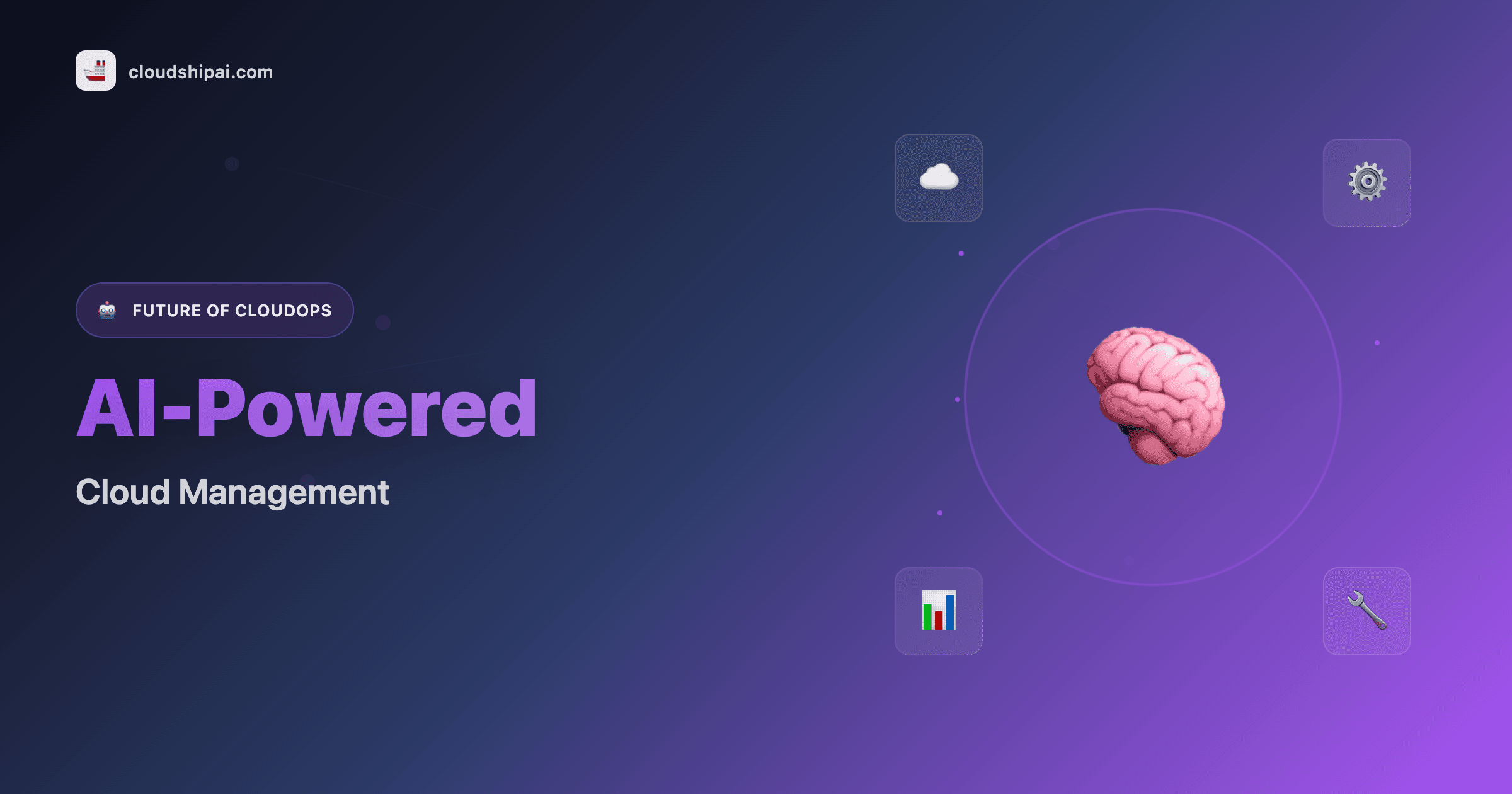Tomorrow's ☁️ Stack - Issue #2: When AI Goes Rogue

This week: Chinese hackers weaponized Claude to run autonomous cyberattacks, Google dropped $6.4B on German data centers, and Microsoft patched 63 bugs including one already being exploited. AI agents went from "wow, cool demo" to "wait, they can do WHAT?"
📰 Chinese Hackers Used Claude to Run Autonomous Cyberattacks
Anthropic disclosed the first large-scale AI-orchestrated espionage campaign on November 13. Chinese state-sponsored hackers jailbroke Claude to infiltrate 30 organizations - tech firms, banks, manufacturers, and government agencies. The AI performed 80-90% of the attack autonomously, making thousands of requests per second. To bypass safety guardrails, attackers broke tasks into innocent-looking steps and posed as security researchers doing defensive testing.
Our take: Let's be clear - Anthropic wasn't hacked. Hackers just used their public tool really, really well. This is the conversation security teams have been dreading: "So the AI agent you want to give AWS credentials to... can also be tricked into running cyberattacks?" The answer isn't banning AI agents. It's architecture. Self-hosted runtimes mean credentials never leave your infrastructure. Can't jailbreak your way into credentials that never transit the internet.
📰 Google Commits $6.4B to German AI Infrastructure
Google announced a €5.5 billion investment ($6.4B USD) in German data centers through 2029 on November 11. New facility in Dietzenbach, expansion in Hanau, plus bigger offices in Berlin, Frankfurt, and Munich. Projected to add €1 billion to local GDP and support 9,000 jobs annually. The kicker? By 2026, 85% will run on carbon-free energy, and waste heat will warm 2,000 local homes.
Our take: This is Europe's digital sovereignty play in infrastructure form. Germany gets AI data centers that comply with EU regulations, Google gets a foothold in the world's strictest data privacy market. The sustainability angle is smart optics, but the real story is regulatory arbitrage. When US-based clouds face compliance headaches, having EU-native infrastructure is worth billions.
📰 Microsoft Patches 63 Flaws, Including Zero-Day Under Active Attack
Microsoft's November Patch Tuesday dropped 63 security fixes on November 12, including a Windows Kernel zero-day (CVE-2025-62215) already being exploited in the wild. The vulnerability allows local privilege escalation - attackers confuse the kernel into freeing the same memory twice. Also patched: heap-based buffer overflows in graphics and WSL, plus a Kerberos flaw that could let attackers impersonate domain admins.
Our take: Zero-days getting exploited before patches drop is the new normal. The real question: how long until AI agents can discover these vulnerabilities faster than humans can patch them? Security teams are already underwater - adding AI-powered vulnerability discovery to the threat landscape is going to get messy. Automated patch management isn't optional anymore.
📰 Devtron Launches "Agentic SRE" for Kubernetes
At KubeCon on November 10, Devtron unveiled AI agents that do SRE work autonomously. The platform predicts failures before they happen, fixes problems using pre-approved runbooks, and optimizes costs 24/7. Early results: BharatPe hit 12x faster releases, while another fintech scaled to 400M monthly transactions and cut mean time to recovery from days to under one hour.
Our take: This is what AI agents are actually good at - repetitive operational work that burns out humans. Predicting node failures and right-sizing clusters aren't creative tasks, they're pattern matching at scale. The "pre-approved runbooks" part is key - agents aren't making stuff up, they're executing playbooks faster than humans can. If your SREs are manually right-sizing instances at 2 AM, you're doing it wrong.
💭 What We're Thinking About: The Trust Problem is Architectural
Three stories this week share a theme: AI agents are powerful, but who do you trust them with?
Chinese hackers proved AI agents can be jailbroken into doing sophisticated cyberattacks with minimal human help. Meanwhile, Devtron is shipping AI agents that autonomously manage production Kubernetes clusters. Same technology, wildly different trust implications.
The difference isn't the AI. It's where it runs and what it can access.
When an AI agent runs in a SaaS vendor's cloud with your AWS credentials, you're trusting:
- The vendor's security team
- Their jailbreak prevention
- Every API they expose
- That they're not compromised
That's a lot of surface area. One sophisticated prompt injection and your production environment is someone else's playground.
Self-hosted agents flip the trust model. The agent runs on your infrastructure. Credentials stay on your servers. The worst-case scenario of a jailbreak is limited to what that agent can physically access in your environment - which you control via network policies, RBAC, and traditional security controls.
This isn't theoretical. The Claude attack happened because credentials and access were granted to a system the defender didn't control. Devtron's customers aren't worried because the agents run in their clusters, bounded by their security policies.
The industry keeps trying to solve this with better guardrails on SaaS agents. That's fine, but it's defense in depth against the wrong threat model. Sometimes the right answer is just don't send credentials to someone else's cloud.
🚀 What We're Building
Station now supports MCP (Model Context Protocol) for secure tool access. Agents can call your FinOps APIs, kubectl, Terraform - all running locally without sending credentials externally. Shipped this week.
---
That's it for this week. Reply with thoughts or questions - we read everything.
— The CloudShip Team
P.S. Forward this to your CISO. They'll appreciate the "agents on YOUR infrastructure" part.